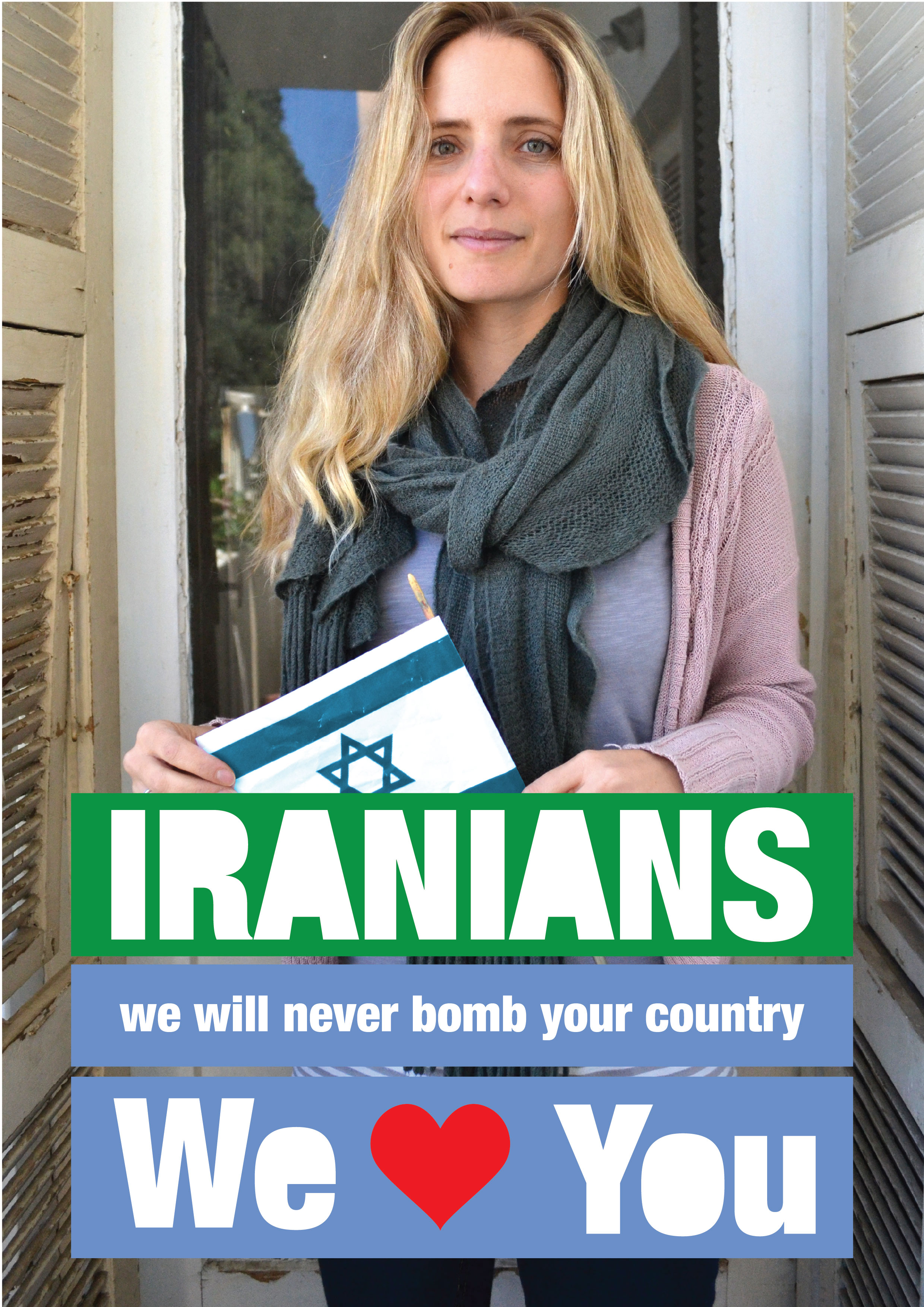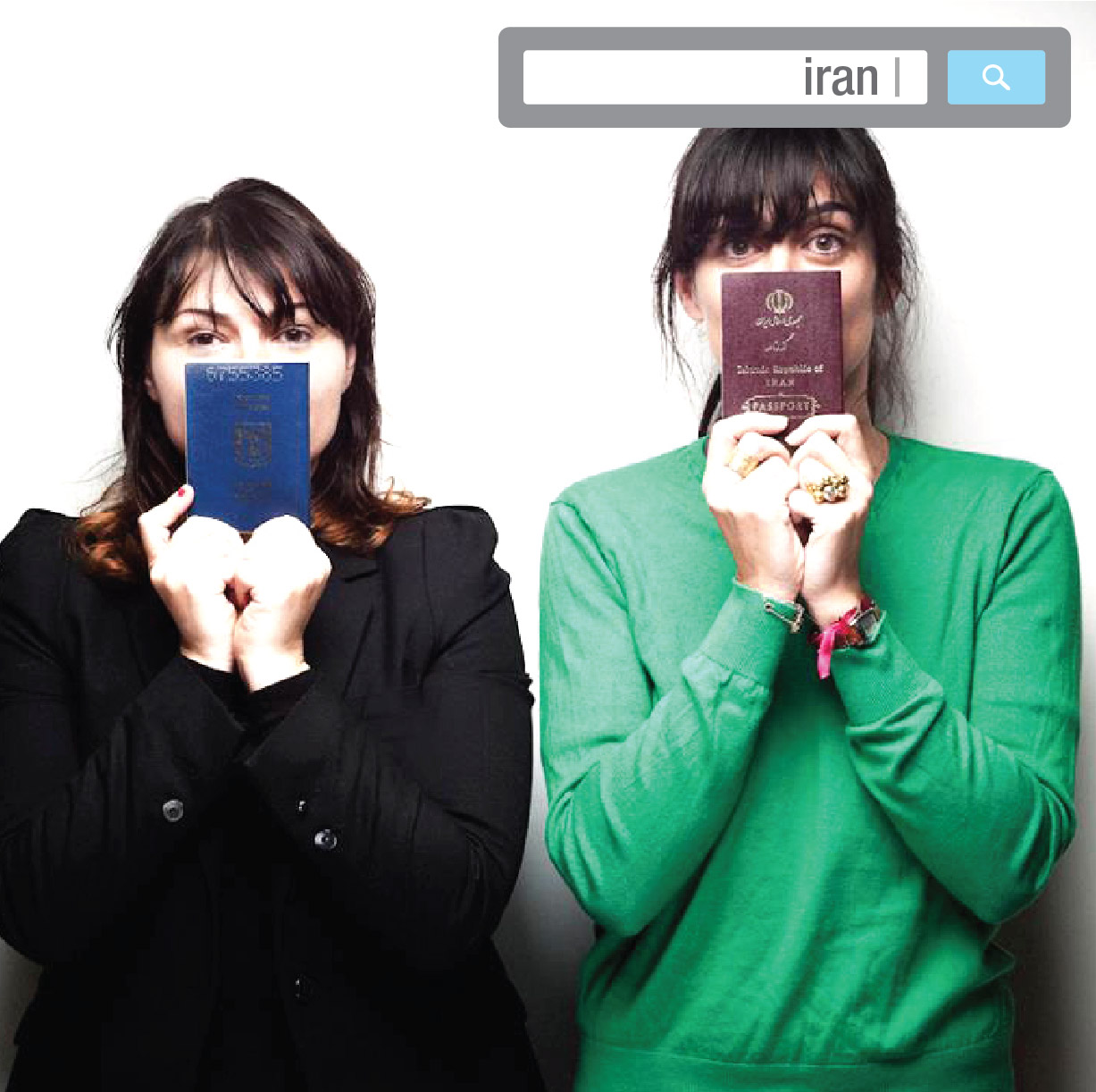Corte de caja:
Hamás no aceptó el cese al fuego promovido por Egipto (ver abajo) por al menos tres razones:
1. La propuesta no le ofrece ningún cambio cualitativo respecto a las condiciones establecidas en 2012 (ver abajo), no responde a ninguna de sus demandas al momento de iniciar los ataques indiscriminados hacia territorio israelí.
2. Está esperando a que el ejército de Israel incursione por la vía terrestre para hacer daño y apuntarse un "triunfo". Salvo el impacto sicológico, los misiles que lanza hacen muy poco daño letal. Hamás es fuerte en su terreno, Gaza, y supongo que esperan a los soldados israelíes para librar batallas de guerrilla urbana, aprovechando la posibilidad de emboscadas. Sabe que ahí harán daño y suponen que lograrán bajas importantes de soldados israelíes.
3. Hasta antes del secuestro y asesinato de los tres jóvenes israelíes y de la asonada israelí en Cisjordania, Hamás estaba debilitada, una de las razones por las cuáles flexibilizó sus postura respecto a Abbas y por la cuál accedió a la "reconciliación" con la ANP/Fatah. Regionalmente, Hamás también cojeaba tras la caída de Morsi en Egipto y su alejamiento de Siria e Irán. En este acuerdo de reconciliación Hamás aceptó la representación de la OLP en el ámbito internacional, incluyendo las negociaciones con Israel. La guerra con Israel los fortalece en la calle palestina (ante la agresión mutua y la polarización social). Hamás le está picando el ombligo a Netanyahu, esperando a que el PM israelí caiga en la provocación y ante la presión de la ultra-derecha que también está clamando por sangre (los polos, as we know, se atraen).
¿Salida?
a) Apostar por la diplomacia.
b) Recordar que Hamás como organización es mucho más compleja que un "grupo terrorista" y su ala militar. Tiene un ala política y desde hace varias décadas hace trabajo de bases/asistencialista (en lo laboral, educativo, social) que llenó vacíos que la OLP/ANP/Israel crearon como instancias que tuvieron o tienen injerencia en la calle palestina.
c) Por lo tanto, regresar a a) y apuntalar, mediantes hechos, a las organizaciones palestinas que reconocen la solución de los dos Estados. Corolario: La salida no es inmediata, pero esta puerta debe ser presentada en cualquier oferta que busque un cese al fuego que perdure.
Acuerdo de noviembre 2012 (http://www.haaretz.com/news/diplomacy-defense/text-cease-fire-agreement-between-israel-and-hamas.premium-1.479653):
Following is the verbatim English text of the ceasefire agreement between Israel and the Palestinians in Gaza that was reached on Wednesday through Egyptian mediation. The text was distributed by the office of the Egyptian president.
1. Agreement of Understanding For a Ceasefire in the Gaza Strip
A. Israel should stop all hostilities in the Gaza Strip land, sea and air including incursions and targeting of
individuals.
B. All Palestinian factions shall stop all hostilities from the Gaza Strip against Israel including rocket attacks and all attacks along the border.
C. Opening the crossings and facilitating the movements of people and transfer of goods and refraining from restricting residents' free movements and targeting residents in border areas and procedures of implementation shall be dealt with after 24 hours from the start of the ceasefire.
D. Other matters as may be requested shall be addressed.
2. Implementation mechanisms:
A. Setting up the zero hour for the ceasefire understanding
to enter into effect.
B. Egypt shall receive assurances from each party that the party commits to what was agreed upon.
C. Each party shall commit itself not to perform any acts that would breach this understanding. In case of any observations Egypt as the sponsor of this understanding shall be informed to follow up.
Texto propuesto por Egipto / 14/15 de julio de 2014 (http://www.haaretz.com/news/diplomacy-defense/1.605165):
The full text of the Egyptian cease-fire proposal
1. Owing to Egypt’s historical responsibility, and out of belief in the importance of achieving peace in the region, protecting the lives of innocents, and ending the bloodshed;
Egypt calls upon Israel and all of the Palestinian factions to enact an immediate ceasefire, due to the fact that escalation and mutual violence, and the victims that will result, will not be in the interest of either party as such, during the period of the ceasefire, both sides shall abide by the following:
a. Israel shall cease all hostilities against the Gaza Strip via land, sea, and air, and shall commit to refrain from conducting any ground raids against Gaza and targeting civilians.
b. All Palestinian factions in Gaza shall cease all hostilities from the Gaza Strip against Israel via land, sea, air, and underground, and shall commit to refrain from firing all types of rockets, and from attacks on the borders or targeting civilians.
c. Crossings shall be opened and the passage of persons and goods through border crossings shall be facilitated once the security situation becomes stable on the ground.
d. Other issues, including security issues shall be discussed with the two sides.
2. Method of implementation of the initiative:
a. It has been decided to initiate implementation of the de-escalation agreements at -- : -- hours (GMT) on -- / 7 / 2014, pending the implementation of a full ceasefire within twelve hours of the announcement of the Egyptian initiative and its unconditional acceptance by both sides.
b. High-level delegations from both the Israeli government and the Palestinian factions shall be hosted in Cairo within 48 hours of the initiation of the initiative’s implementation in order to conclude talks for the consolidation of the ceasefire and resume confidence-building measures between the two sides. Talks shall be held with each of the two sides separately (in accordance with the agreements for the consolidation of de-escalation in Cairo in 2012).
c. Both sides shall commit to refrain from taking any actions aimed at undermining the implementation of the agreements; Egypt shall receive guarantees from both sides of their commitment to implementing what has been agreed and shall follow up on its implementation and engage with either side in the case of any action that impinges on its stability.



 Veo el deterioro grave y rápido de la situación de seguridad en Gaza, Cisjordania, Jerusalén y las localidades árabes de Israel, y no me sorprende.
Veo el deterioro grave y rápido de la situación de seguridad en Gaza, Cisjordania, Jerusalén y las localidades árabes de Israel, y no me sorprende.







